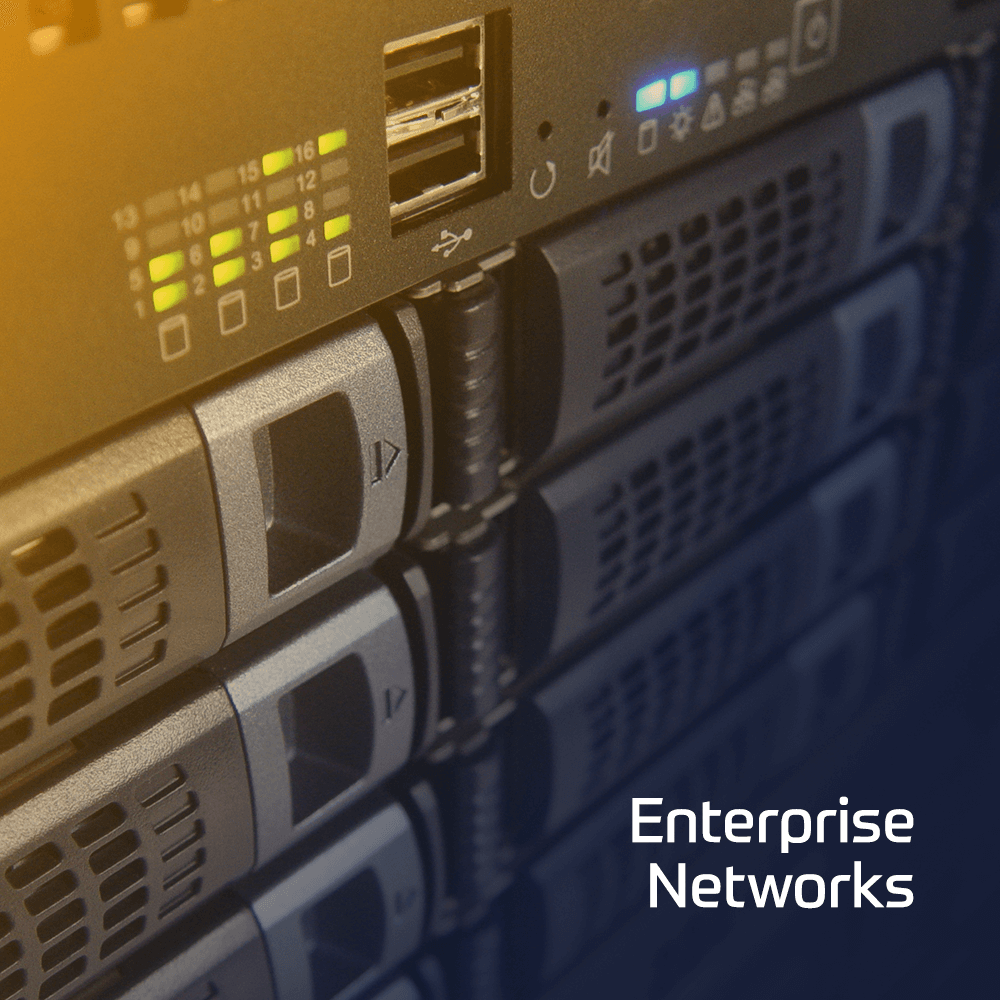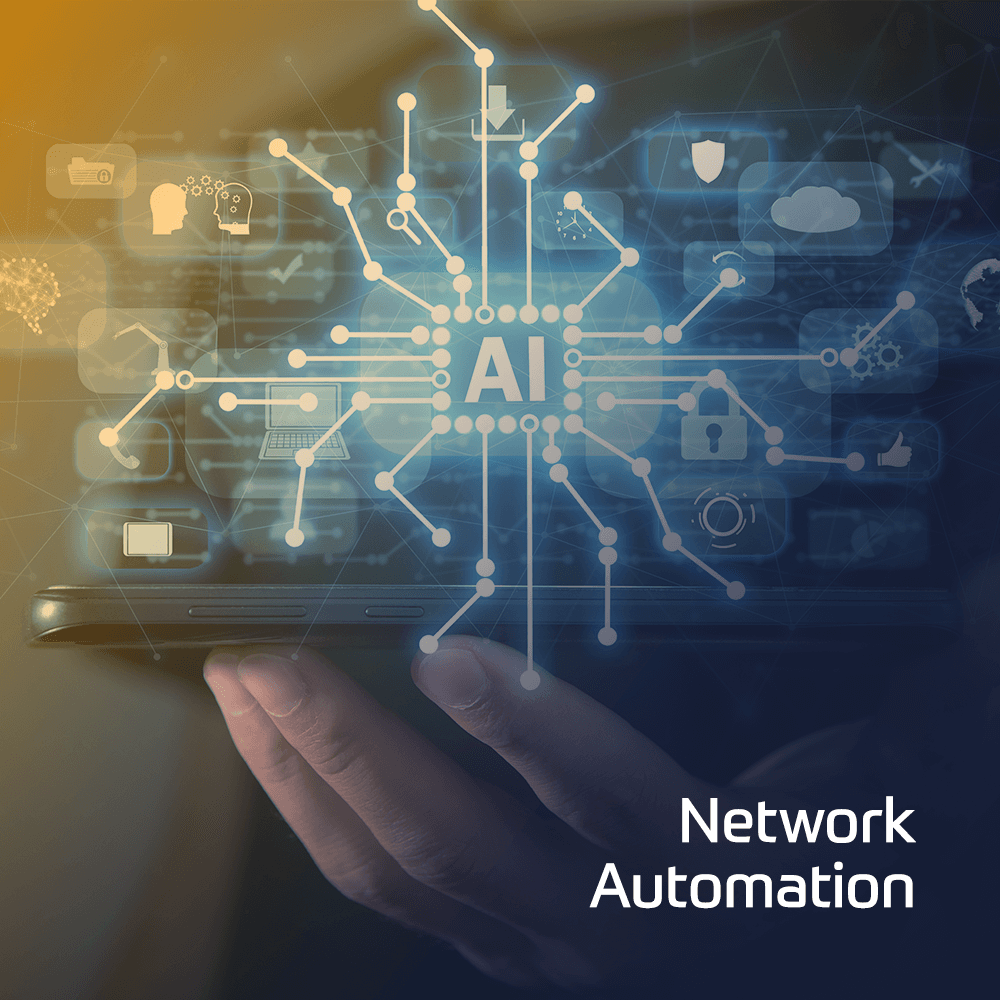The Introducing Automation for Cisco Solutions (CSAU) v1.1 course gives you a broad overview of network automation skills. Through a combination of lecture and hands-on labs, you will learn the fundamentals of automation such as working on model-driven programmability solutions with Representational State Transfer Configuration Protocol (RESTCONF) and Network Configuration Protocol (NETCONF) protocols. The course also covers data formats and types, including Extensible Markup Language (XML), JavaScript Object Notation (JSON), Yaml Ain’t Markup Language (YAML), and Yet Another Next Generation (YANG), and their value in network automation, along with DevOps tools such as Ansible and Git.
This course is a requirement prior to enrolling in professional-level automation courses and exams because it provides crucial foundational knowledge essential to success:
| Automation Courses | Automation Exams |
| Implementing Automation for Cisco Enterprise Solutions (ENAUI) | 300-435 Automating and Programming Cisco Enterprise Solutions (ENAUTO) |
| Implementing Automation for Cisco Data Center Solutions (DCAUI) | 300-635 Automating and Programming Cisco Data Center Solutions (DCAUTO) |
| Implementing Automation for Cisco Security Solutions (SAUI) | 300-735 Automating and programming Cisco Security Solutions (SAUTO) |
| Implementing Automation for Cisco Service Provider Solutions (SPAUI) | 300-535 Automating and programming Cisco Service Provider Solutions (SPAUTO) |
| Implementing Automation for Cisco Collaboration Solutions (CLAUI) | 300-835 Automating and Programming Cisco Collaboration Solutions (CLAUTO) |
This course will help you:
- Gain an overview of the skills you need to become a next-generation engineer
- Prepare to accelerate network automation in your organization
- Increase collaboration across internal and external teams using version control systems
- Earn 16 CE credits toward recertification

 Finland
Finland Germany
Germany Denmark
Denmark Sweden
Sweden Italy
Italy Netherlands
Netherlands Norway
Norway 



























 Duration
Duration  Delivery
Delivery  Price
Price